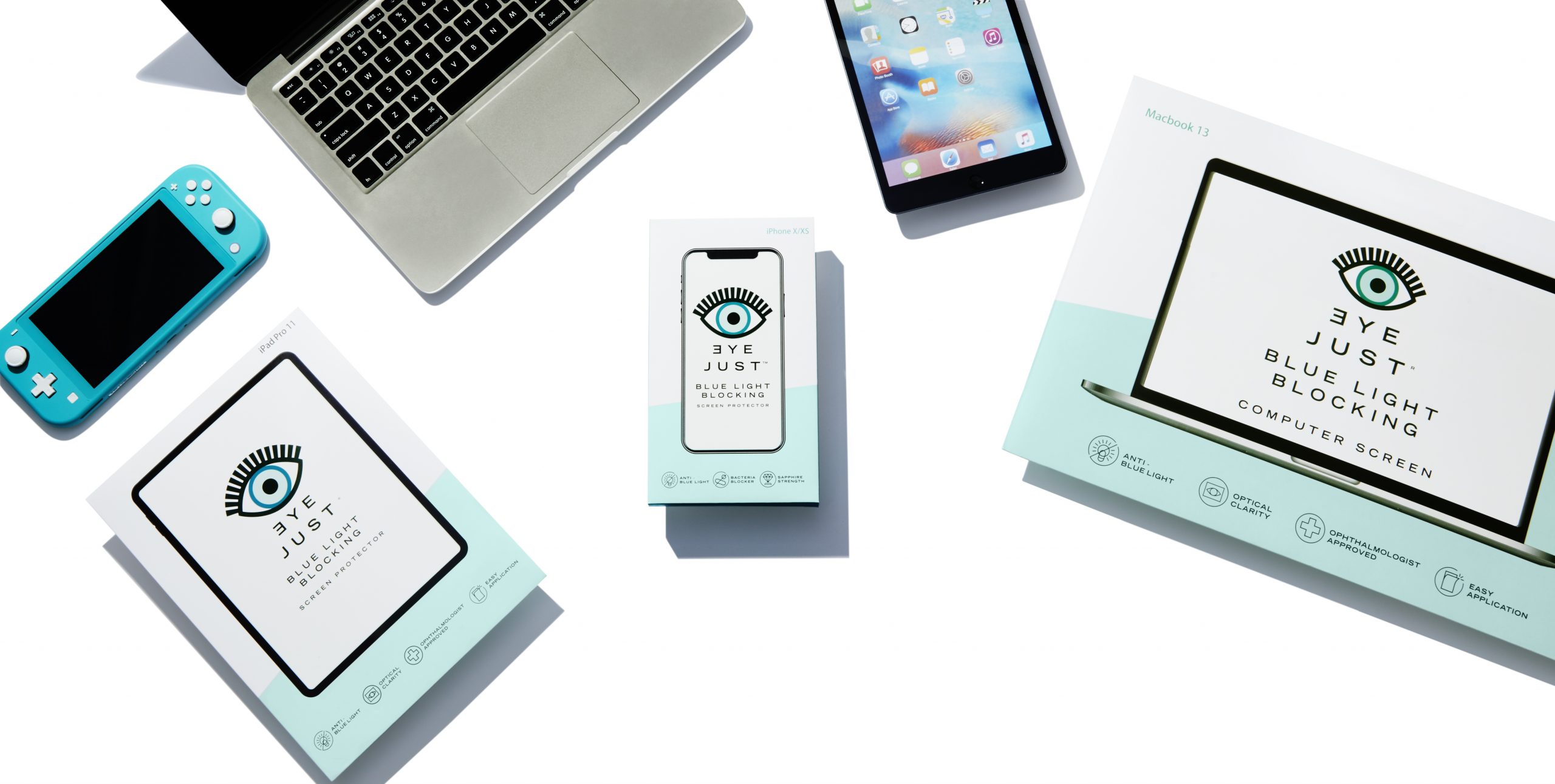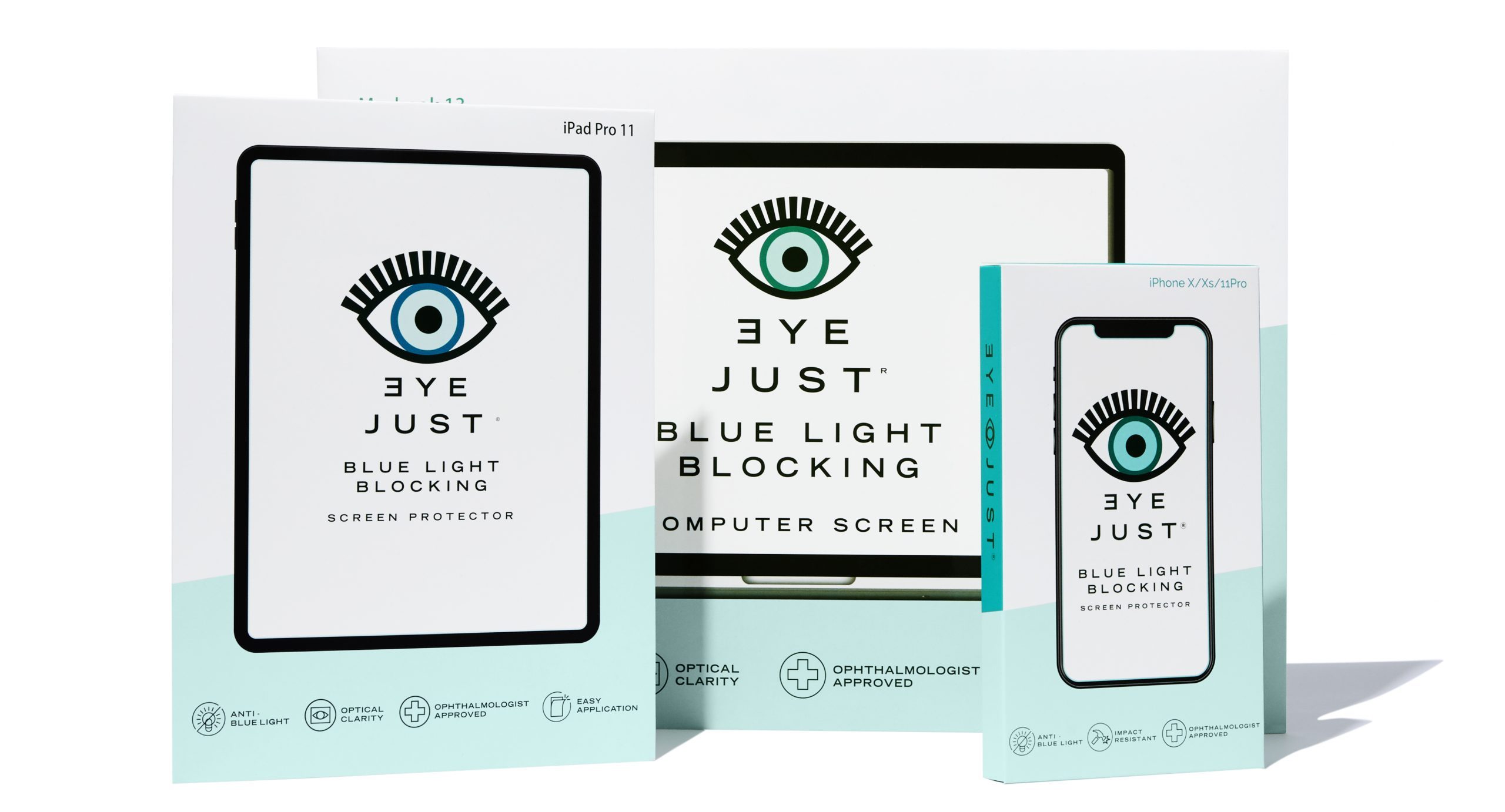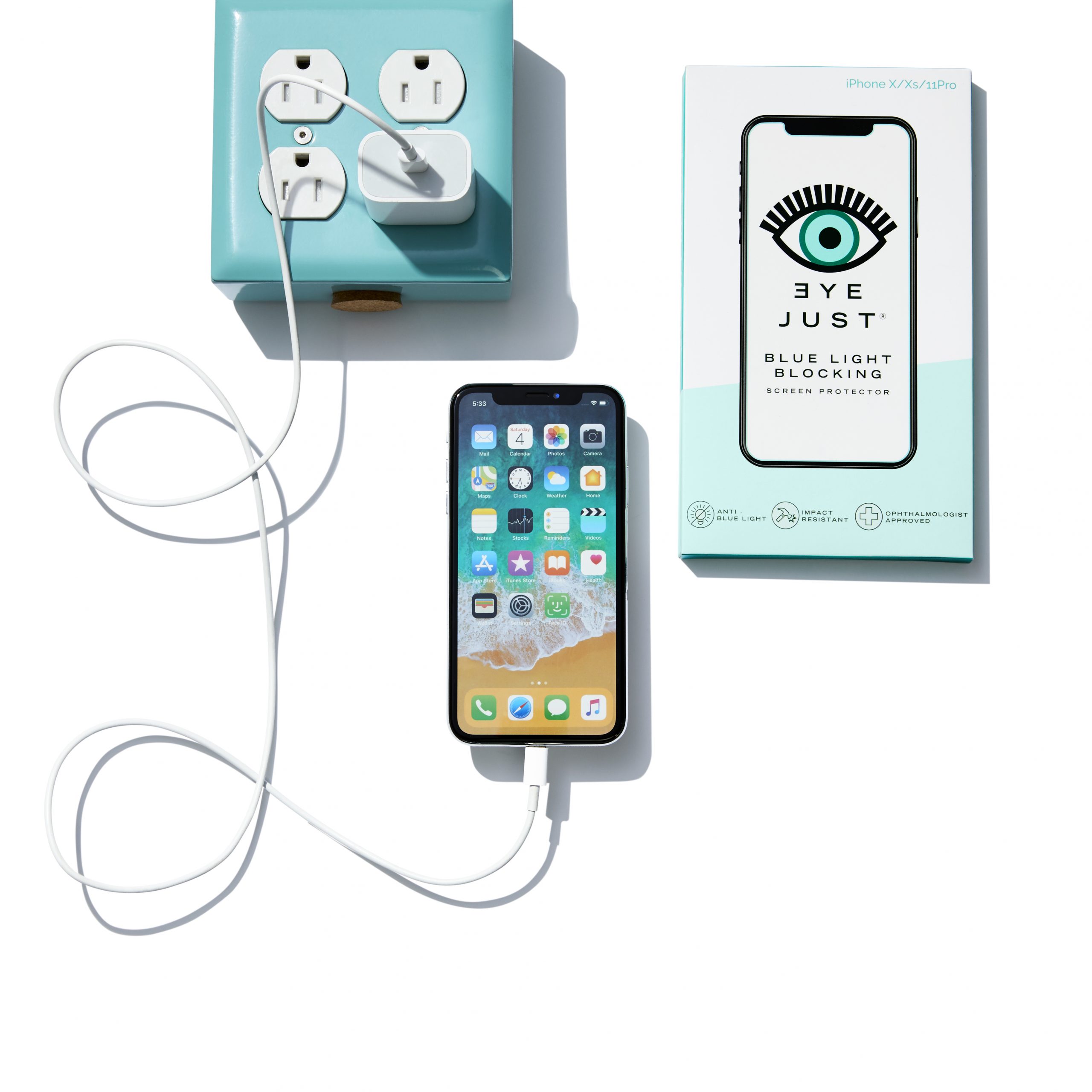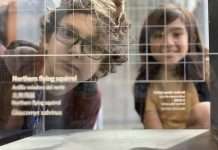
Between work-from-home, remote learning, show binging, e-meetings, gaming, digital babysitter, reading SFBAM, and social media – our screen time has inevitably increased significantly this year. Eye fatigue is real! But did you know that the effects of screen time not only damage your eyes but also your skin and sleep quality? The main culprit? Blue light. Overexposure to blue light is harmful to sleep, eyes, and skin. Blue light disrupts sleep by suppressing melatonin and changing the body’s circadian rhythm. Blue light also causes eye fatigue and damages photoreceptor cells in the retina which may lead to macular degeneration. And like harmful UVA rays, blue light prematurely ages the skin. Eeks!
Protecting our eyes, skin, and sleep from the damaging effects of blue light is more important than ever before. That’s when EyeJust comes in. We tried out their selection of blue light blockers, and immediately felt their positive effects! Right away, our eyes felt less strained after a day’s work on the computer and on the phone. We felt a lot better allowing screen time to our little ones. What’s more, the blockers for smartphones double as shatter-proof screen protectors!
To find out more about blue light and how to better protect ourselves from its harmful effects, check out the interview we had with EyeJust‘s experts of ophthalmologists, dermatologists, and sleep experts on all the important deets we need to know about blue light and how we can protect ourselves from it.

What exactly is blue light and why should we worry about it?
What is it? Blue light (HEV, high energy visible light) is part of the electromagnetic spectrum that is visible to the human eye. Common sources of blue light include mobile phones, tablets, & computers. Blue light can pass through the cornea and lens of your eye. Research has shown blue light can disrupt the body’s natural sleep cycles by suppressing melatonin production. It’s also been linked to premature aging and hyperpigmentation of the skin.
How does it impact vision? Symptoms of overexposure to blue light include eye strain, feeling of tired/dry eyes. Studies suggest continued exposure to blue light over time could lead to damaged retinal cells and increase the risk of macular degeneration.
What devices emit blue light (how common is it)?
Blue light comes naturally from the sun. What we have to worry about is the blue light that is unnaturally emitted by digital screens (TVs, computers, smartphones, tablets, etc) and fluorescent and LED lighting.
Is the damage from blue light reversible?
Research thus far has shown that the damage from blue light is irreversible so we should all take the extra steps now to protect ourselves from it!
Does blue light contribute to myopia and other common eye illnesses?
Screen time is linked to an increase in nearsightedness (also known as myopia) as well as digital eye strain (which is a catchall phrase for symptoms such as dry and itchy eyes, blurry vision, and headaches). Blue light has been found to damage photoreceptor cells in the retina, which may lead to macular degeneration.
How does blue light affect our skin?
Clinically, overexposure to blue light can accelerate signs of aging, worsening the wrinkles, fine lines, uneven skin tone, dullness, and hyperpigmentation in a similar manner which is frequently associated with UV radiation and chronic sun exposure. Research on how blue light affects our skin is ongoing, but the results so far suggest that we should protect our skin from blue light as much as possible.
 Why is blue light especially harmful to children?
Why is blue light especially harmful to children?
Blue light is especially harmful to children because their eyes are still developing and therefore less protected against the strong, high-energy, blue light waves. Children also tend to hold devices closer to their eyes. The further away the screen is from the face, the better.
Does wearing eyeglasses or sunglasses filter out blue light?
Unless eyeglasses are specifically blue light blocking, they do not filter out blue light. Sunglasses do offer some protection from harmful blue light but they are mainly made to protect from the sun’s damaging UV rays.
Does a well-lit room help disperse blue light (is the blue light “stronger” when viewing screens in the dark)?
It is important to ensure that rooms are properly lit. Make sure each room has a proper light source so that you/your children aren’t looking at a device in a dimly lit room with dilated pupils, which will allow more blue light into the eyes than necessary. Avoid eye strain by matching the brightness of the screen to the brightness in the room. You definitely don’t want a computer screen to be the light source of your home classroom or workspace.
I have a habit of watching shows before bed – how can I decrease my exposure to blue light but still be able to watch my shows?
EyeJust Blue Light Blocking Screen Protector blocks blue light at the source (a.k.a. your screen!). Particularly before bedtime, blue light is especially detrimental because it slows the production of melatonin. Blocking blue light enables our circadian rhythms to kick in, ensuring a more high-quality sleep. EyeJust Blue Light Blocking screen protectors also prevent eye discomfort and protect your skin from premature aging. Another trick is to not watch shows in a dark room. The dimly lit room will make your pupils dilate and your eyes will absorb more blue light. Doctors at UC Irvine recommend dimming the brightness by about 50%. This will not change the look or color of the screen but will decrease blue light.
Does dimming the screen brightness reduce blue light emittance?
Dimming the brightness of your screen and turning on “Night Shift” mode are additional steps you can take to block blue light.
Click HERE to get your own screen protectors!















